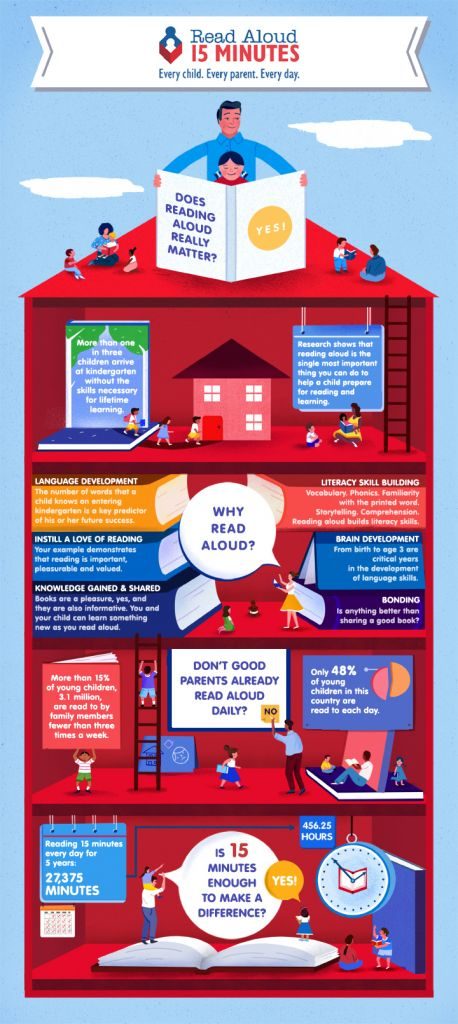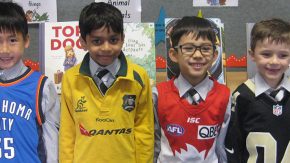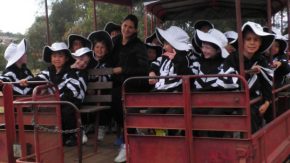Foster the Love of Reading
How Do We Foster the Love of Reading in Our Children?
Why do we read?
Books make it possible for learners of all ages to be amazed by real and imaginary worlds. Reading is a way of opening doors to the world, a way of visiting times and places that most of us will never have the time to fully explore, allowing curiosity to develop and a way of discovering all manner of facts and fiction. It is a natural healthy part of our everyday life and just as important as exercise.
Fostering a love of reading in our children sets them up for a lifetime of happiness, success, learning and enjoyment. Research shows that reading for enjoyment is important for educational, social and personal development.
It can also impact on children and adults achieving their goals and in raising their self-esteem.
Reading skills lay the foundation for children’s success inside, outside and beyond school. Evidence shows the more we read the better readers we become.
Reading comprehension ensures understanding of the written word and opens the doors for future success.
As teachers with books and reading materials in our classrooms or as parents with books and reading materials around the home, we are building an awareness of written messages. When we are out and about we give our children exposure to all manner of reading materials, information, entertainment and fun.
No matter how young a child might be they are never too young to enjoy a story, engage in pictures and illustrations or share the simple enjoyment of books.
Reading experiences are all around us. We can ‘read’ the television, movies, video games, the internet, e-books, road signs, advertisements and bill boards to name just a few. We need to encourage the children in our care to engage critically in a variety of reading experiences so they can make their own judgements in life around them.
Some ideas to foster the love of reading…..
- model reading – it is important for children to read with both their parents and to see their parents reading independently
- read to your child
- read out loud together
- take it in turns to read a book together
- listen to books on CD, take advantage of the e-books available through Borrow Box in the school library for Yrs 2 – 6
- have unlimited access to a variety of books in the home either purchased or borrowed from the library
- have a library date with your child and allow them to make their own book selection
- allocate a reading session time slot for the family each week
- develop a ‘comfy’ corner in the home set up with pillows and blankets and designated for reading only
- record your child’s favourite story so they can read along with you
- for younger readers include a simple note in their lunch box
- create reading ‘scavenger hunts’ – a note to be read that provides directions or hints to find the next note.
- cook together and get your child to read the recipe for you
- when shopping, create a shopping list for your child and encourage them to read the list and match the item with a product label
- encourage your child to keep a diary or journal of activities and share with the family
- when reading the newspaper give your child the comic section to read or for younger children let them make up their own story to match the comic pictures
- Make a weekly timetable together and display
Reading and writing work together as learning experiences so it is important to encourage children when they have finished reading a book to engage in further activities that enhance their learning. Activities that are centred on the book such as writing a brief synopsis for their friends as to why they should read the book or perhaps adding another chapter or re writing the ending. Adding another character can also be fun as is changing the format of the story for example from a narrative to a graphic novel or comic.
Finally, apart from sharing books with family, friends and the neighbourhood children, we can further develop our global consciousness by sharing our love of reading further afield. There are several organisations that welcome children’s books in good condition that can be forwarded to disadvantaged children both in Australia and overseas continuing the love of reading to all.
Katrina James – Learning Enhancement







